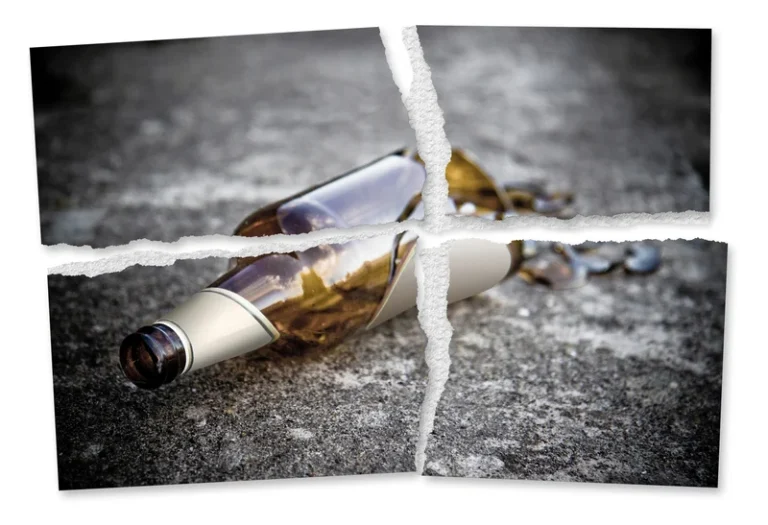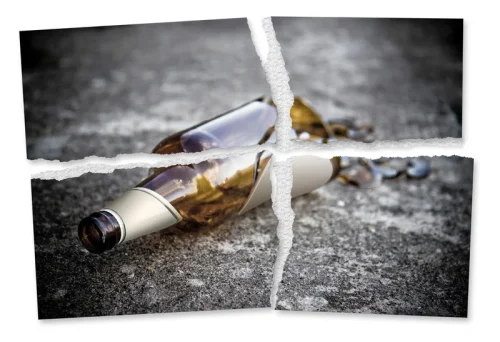Learning to be more responsible for your actions takes time, but it’s a necessary step for individuals who have alcohol and anger management problems. As you become more self-aware, you’ll make better choices about alcohol consumption. Have family members or others mentioned concerns about your alcohol consumption? Did you recently experience an incident that stemmed from your alcohol-related aggression?
Medication-Assisted Therapy (MAT)
You may find yourself walking on eggshells to avoid an alcohol-induced anger outburst. Lack of impulse control can make someone fly into a fit of rage or become aggressive rapidly. It’s a very important area of the brain directly impacted by alcohol use. The limbic system is responsible for our reactions to perceived threats. An example would be if you were to get cut off by another driver on a busy or chaotic highway.
The Cycle of Anger and Alcoholism: How Drinking Alcohol Makes Anger Problems Worse
But effects to other neurotransmitters, including gamma-aminobutyric acid (GABA) and glutamine, may also be involved. So, someone may not be able to grasp the bigger picture of a situation. Instead, they may zoom in on a particularly small thing and have an overly aggressive response (2). Alcohol’s ability to temporarily reduce anxiety can also intensify the urge to act on impulse.
Contact Gateway Foundation Today to Learn More About Alcoholism and Anger
- His extensive knowledge in the field of anger management may enable you to use his tested methods to deal with your anger issues.
- And although nothing justifies murder, the son Paul Murdaugh was quite a character (and not in a good way).
- The PFC region of the brain is where we make judgment calls about potential behavior before acting on it.
- While the two may overlap in some ways, anger and aggression are separate terms.
Intimate partner violence is of great concern when it comes to alcohol and anger. Violence can occur in marriages, long-term partnerships, and dating relationships. Consider cutting back or abstaining from alcohol, identifying triggers that make you angry, and practicing stress management techniques like meditation.
Typical Risk Factors for Alcohol-Related Aggression
As a result, addicts experience feelings of discontent, emptiness, and often are full of anguish. They struggle with the idea that their alcoholic lifestyle was more exciting than their new one. Additionally, dry drunks will miss the adrenaline rush from old behaviors they do not experience in their new sober self. If your behavior fits the description of an angry drunk, it may be difficult to admit you behaved that way under the influence. Many people whose behavior changes drastically with drinking have a hard time believing it when they’re sober.
Once this happens, many end up thinking that their recovery is worthless, and they might decide to no alcoholism and anger more extended care about their recovery. Feelings of anger can be so powerful that they cloud their judgment and second-guess their reasons for being sober. While anger can underlie aggression, you can be angry and not aggressive or aggressive without being angry.
Anger is an emotion that varies from person to person and adapts to different situations. A cognitive, behavioral, and physical reaction to it happens all at once. Anger is typically defined as a strong feeling of displeasure, hostility, or annoyance. Many people who have an alternate personality when https://ecosoberhouse.com/ they drink look back on it clarity when they sober up.
- Those who are dependent on alcohol should participate in alcohol addiction treatment to break the cycle.
- By Buddy TBuddy T is a writer and founding member of the Online Al-Anon Outreach Committee with decades of experience writing about alcoholism.
- Alcohol can fuel rage or aggressive behaviors even when a person isn’t intoxicated.
- If you had a parent who was frequently enraged while drunk, you may expect that response in yourself when drinking and therefore exhibit it.
As a positive, unalarming emotion and one that others are used to seeing, however, happiness isn’t on the radar as much as anger. Alcohol is known for its ability to amplify emotional expression and inhibition. While it may seem like anger is the most common emotion caused by alcohol, marijuana addiction it may not be that straightforward.
This can range from verbal outbursts to physical violence, posing a risk not only to the individual’s health but also to those around them. There is a clear link between alcohol consumption and increased aggression levels. However, it’s essential to recognize that not all individuals who consume alcohol will exhibit aggressive behavior. Furthermore, compromised decision-making abilities and weakened impulse control can exacerbate aggressive behaviors, amplifying the expression of anger in alcohol-influenced situations. Before exploring the effects of alcohol on brain functions, it’s crucial to understand the connection between alcohol consumption and anger.






